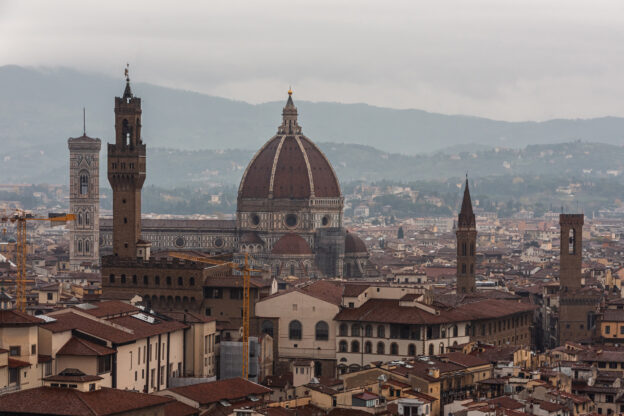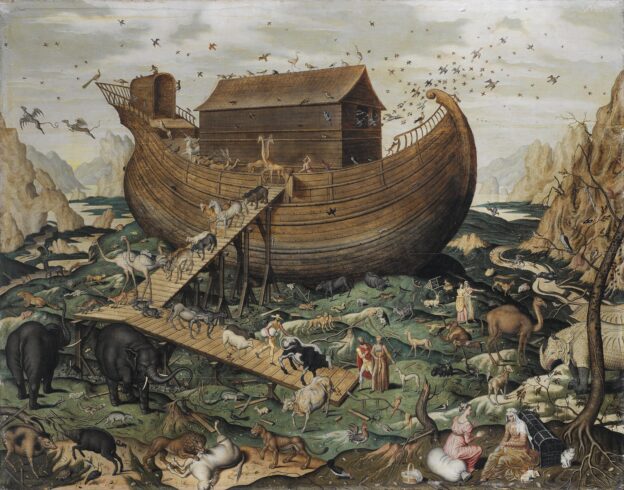
The key messages and preliminary findings of the ARCHE SRIA upon which the stakeholders are invited to give feedback is available here. Learn more about the overall ARCHE SRIA process.
Why does your contribution matter?
By answering the questions in this survey, open until 15 November, you have the opportunity to inform the final version of the SRIA and thus shape the role of cultural heritage research in addressing the impact of climate change and contributing to effective climate action.
The SRIA aims at guiding policy coordination across Europe, as well as the priorities for future calls for project proposals and other complementary activities, hence it is crucial for it to be as representative as possible and for the consultation process to include all relevant stakeholder categories.
Carry on the discussion on the Heritage Research Forum
Stakeholders are also invited to join the discussions on the Heritage Research Forum, where they can leave more detailed comments on the initial findings of the SRIA and exchange with other practitioners or researchers. Since the Forum also aims to act as a match-making platform, users have the possibility of finding possible future collaborators for projects.
We look forward to your precious feedback, that will shape the future of cultural heritage research and innovation in Europe and not only!

